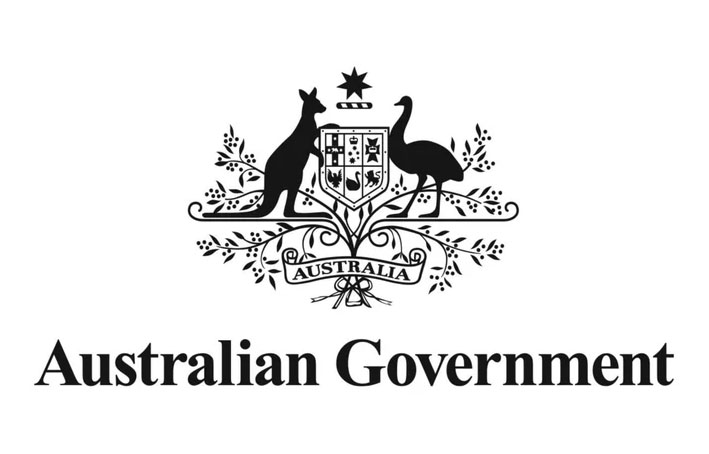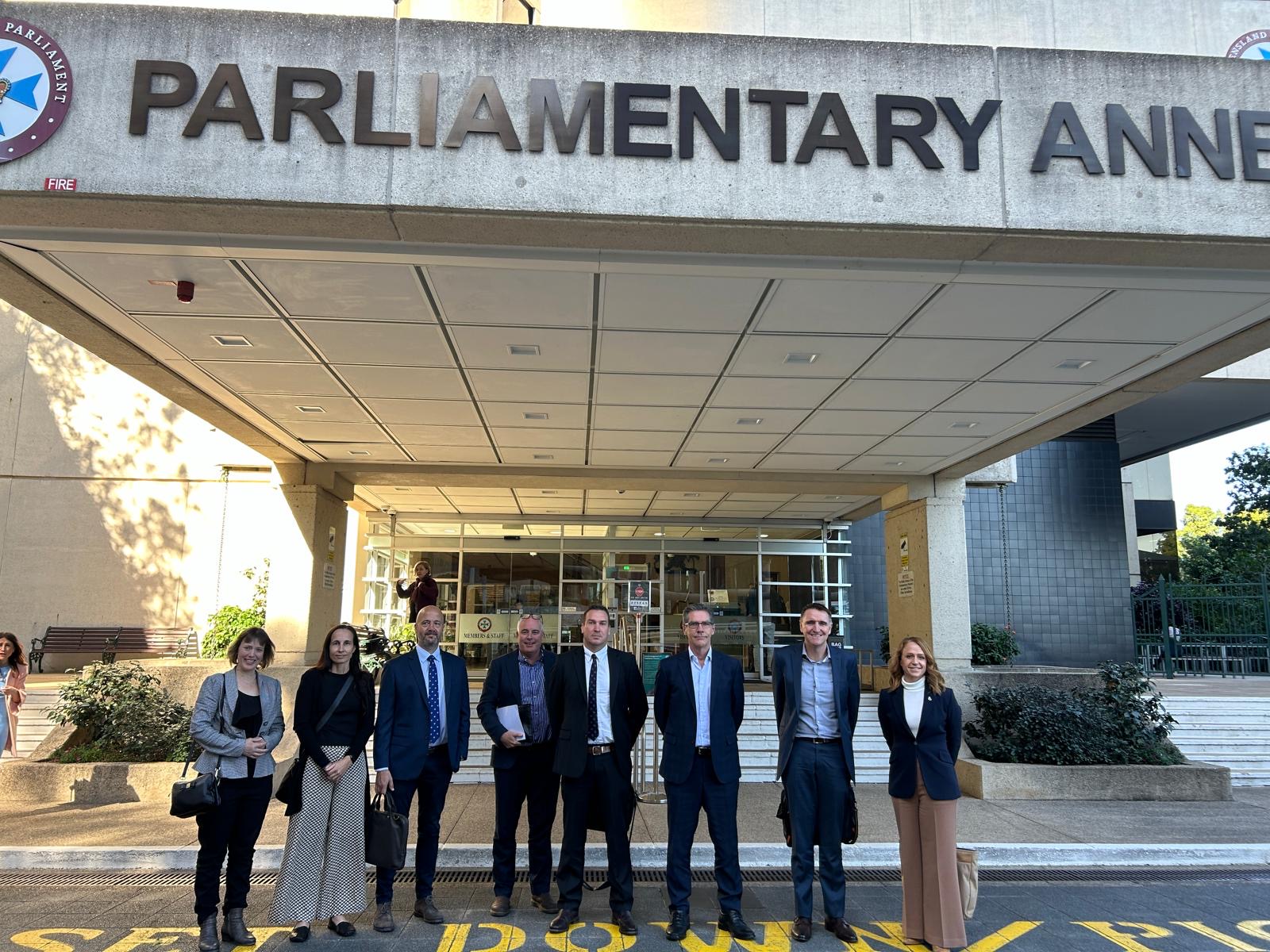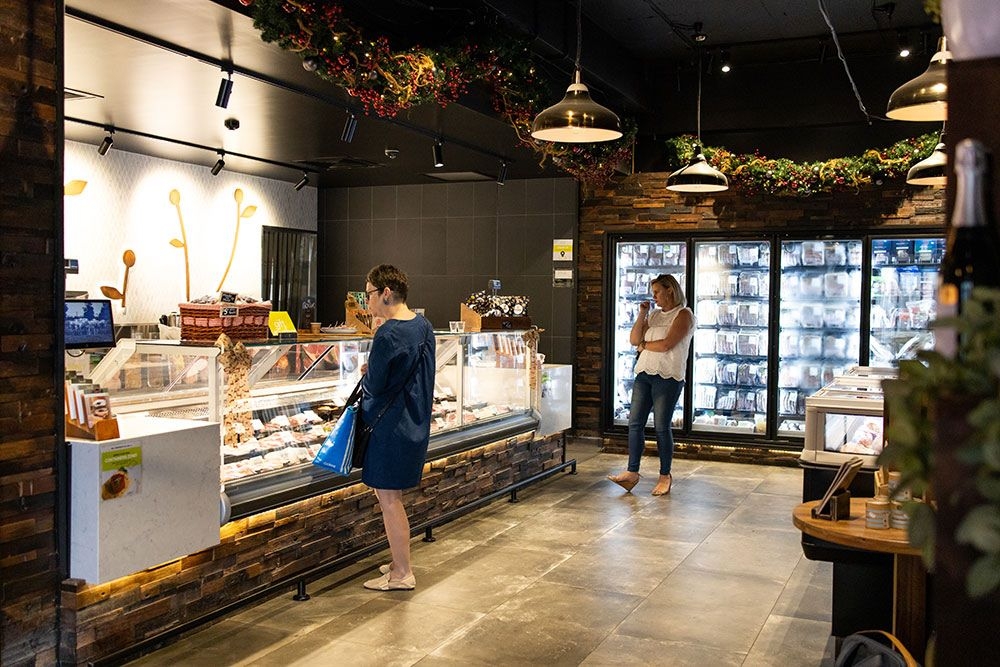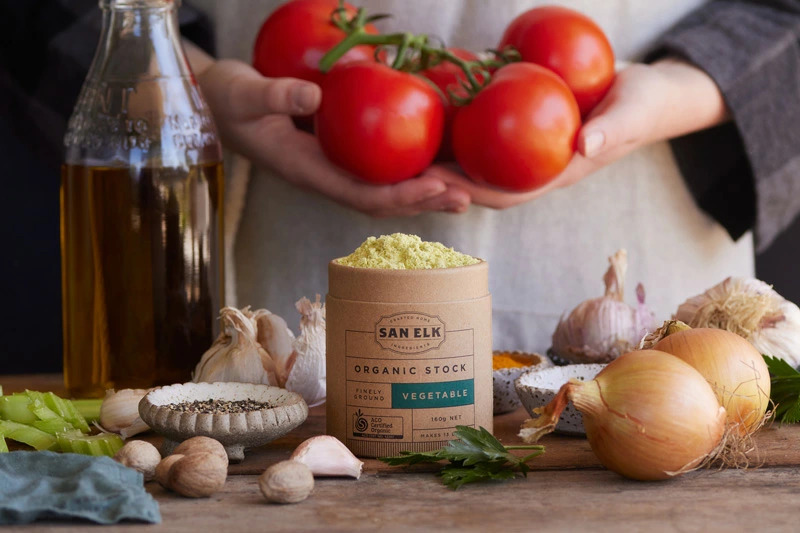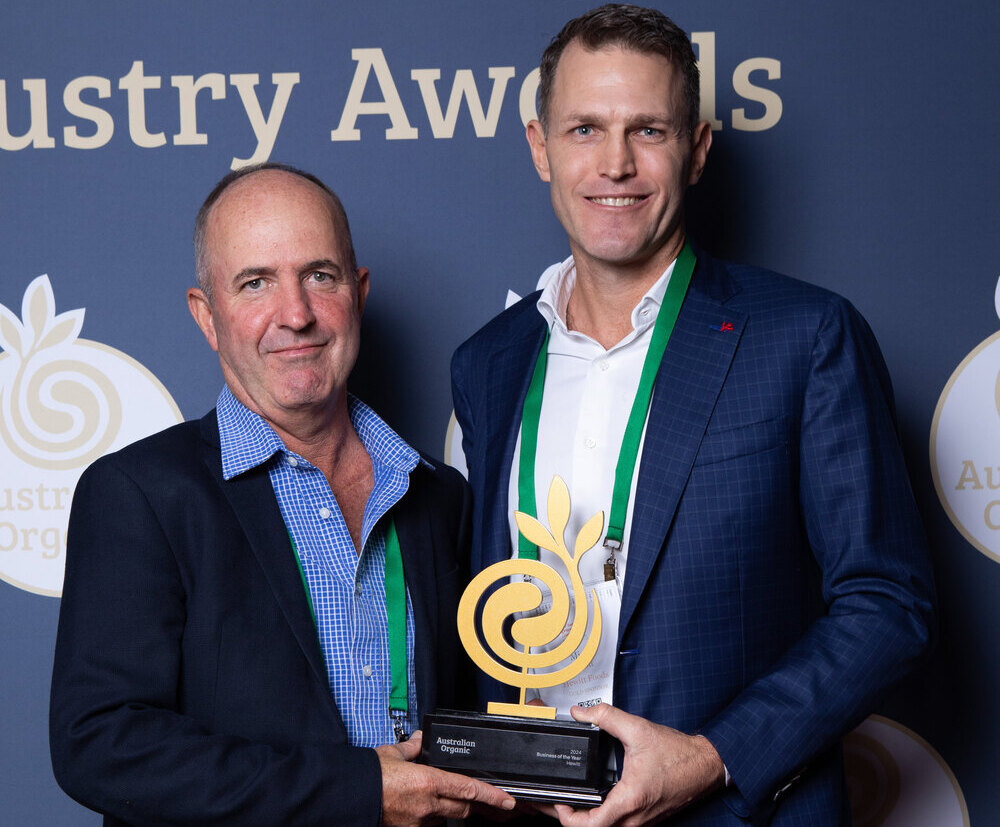Media Release 14 May 2020
- India has gazetted market improvements to allow in-transit cold treatment of Australian pome fruit, summer fruit and table grapes and the phosphine fumigation of malting barley.
- In-transit cold treatment means fresher fruit for India and greater returns for Australian growers.
- Australian barley farmers also poised to become major players in the Indian brewing industry under this arrangement.
Agreed new biosecurity arrangements have opened the door to more export opportunities with India for Australian barley and fruit growers.
Agriculture Minister David Littleproud says India’s approval of phosphine fumigation of malting barley and in-transit cold treatment of a variety of fruits is a major breakthrough for our farmers.
“We can now export malting barley to India using phosphine fumigation, opening market access opportunities for our barley growers especially in global beer production,” Minister Littleproud said.
“India has the world’s second largest population and its sheer scale and demand for food is projected to outpace supply.
“The Indian malt market is estimated at 500,000 tonnes, worth over $100 million dollars, and it is anticipated Australia could gain a fair proportion of that market in 2021.
“There has been growth in the consumption of beer in India and Australia is known worldwide for its high-quality malting barley.
“We are helping to position our farmers to tap into this huge export potential and play an important role in India’s food security.
“India’s recognition of phosphine as a quarantine treatment for malting barley will save industry up to $10 per tonne exported compared to treatment with methyl bromide.
“The recognition will also help us to negotiate broader acceptance of phosphine as a treatment for other grains, pulses and nuts.”
Minister Littleproud said the approval to use in-transit cold treatment is expected to boost export volumes of Australian fruits such as table grapes, apple, pears and summer fruits.
“This is a massive market of young, health conscious and vegetarian consumers seeking high quality fresh and safe fruit and vegetables.
“The main benefit of cold treating products in-transit compared to onshore in Australia is that better quality fruit arrives in the destination country,” Minister Littleproud said.
“As the product is treated as it is transported, it gets to the market quicker and the exporter can charge a premium based on increased freshness.
“These are two significant market access achievements for our farmers who are the bedrock of our economy and will lead Australia’s post-COVID recovery.
“They an example of the strong relationship we share with India and the result of fantastic work by my department with one of our key trading partners.”
Fast Facts
- Australian two-way agricultural trade with India was valued at over $1 billion in 2018, with Australia exporting $664 million of agriculture, fisheries and forestry products.
- In 2019 Australia exported to India $830k worth of table grapes, $352k apples and pears and $180k summer fruit.
- Barley fumigated with phosphine germinates more grains during the malting process than barley treated with methyl bromide.
